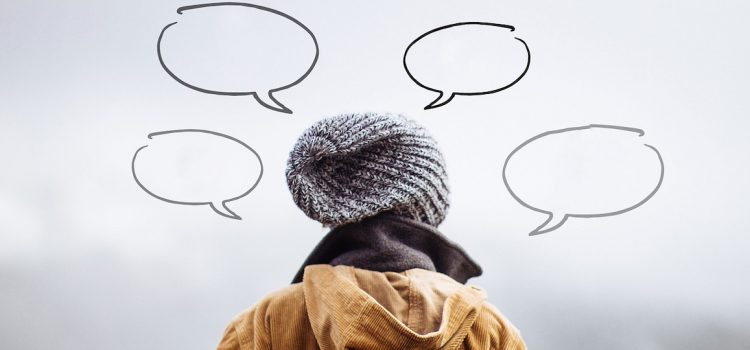Why is it important to practice stillness of the body? How does practicing stillness enrich your life experience and improve your well-being? Your body carries you through this world, so it’s important you take good care of it. This doesn’t just mean exercising, sleeping, and eating healthy. It’s also important to practice stillness of the body by optimizing your space, practicing healthy habits, and using your body to pursue enriching activities. Here are some ways to practice stillness within your body and physical space.
Tips for Cultivating Stillness of the Body










